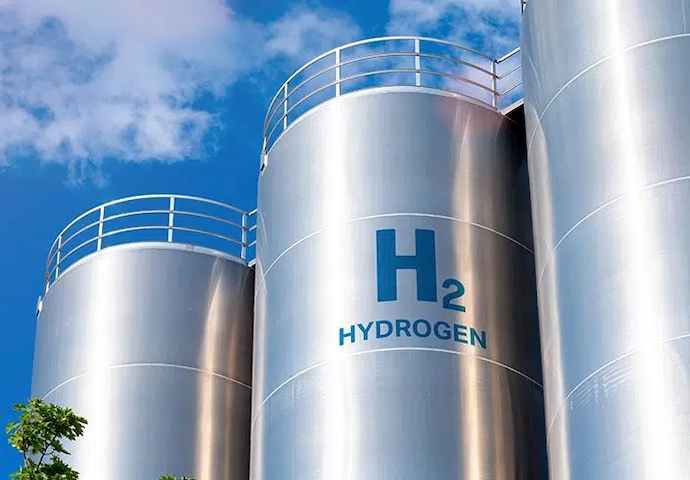HEAT
HEAT

Another aspect of the electrolysis process is the generation of waste heat. This by-product, often overlooked, carries substantial potential for enhancing energy efficiency and contributing to a more sustainable energy landscape.
Electrolysis is an energy-intensive process, during which not all consumed electricity is converted into chemical energy in the form of hydrogen. A significant portion is dissipated as heat. While traditionally seen as a waste product, with the right systems in place, this heat can be efficiently captured and repurposed.
One of the key benefits of harnessing waste heat from electrolysis is its contribution to energy efficiency. Instead of allowing the heat to dissipate into the environment, it can be captured and reused in other processes, reducing overall energy demands. The heat can be used directly in industrial processes, for district heating systems, or even for desalination processes, among others.
Waste heat from electrolysis, when properly managed, offers an excellent opportunity to improve energy efficiency, reduce carbon emissions, and enhance economic feasibility. It highlights how every step of the transition to a sustainable energy economy can be optimized, underlining the importance of integrated and innovative approaches to energy management. With the rise of green hydrogen production, the potential of harnessing waste heat from electrolysis is an increasingly relevant aspect of a sustainable energy future.










